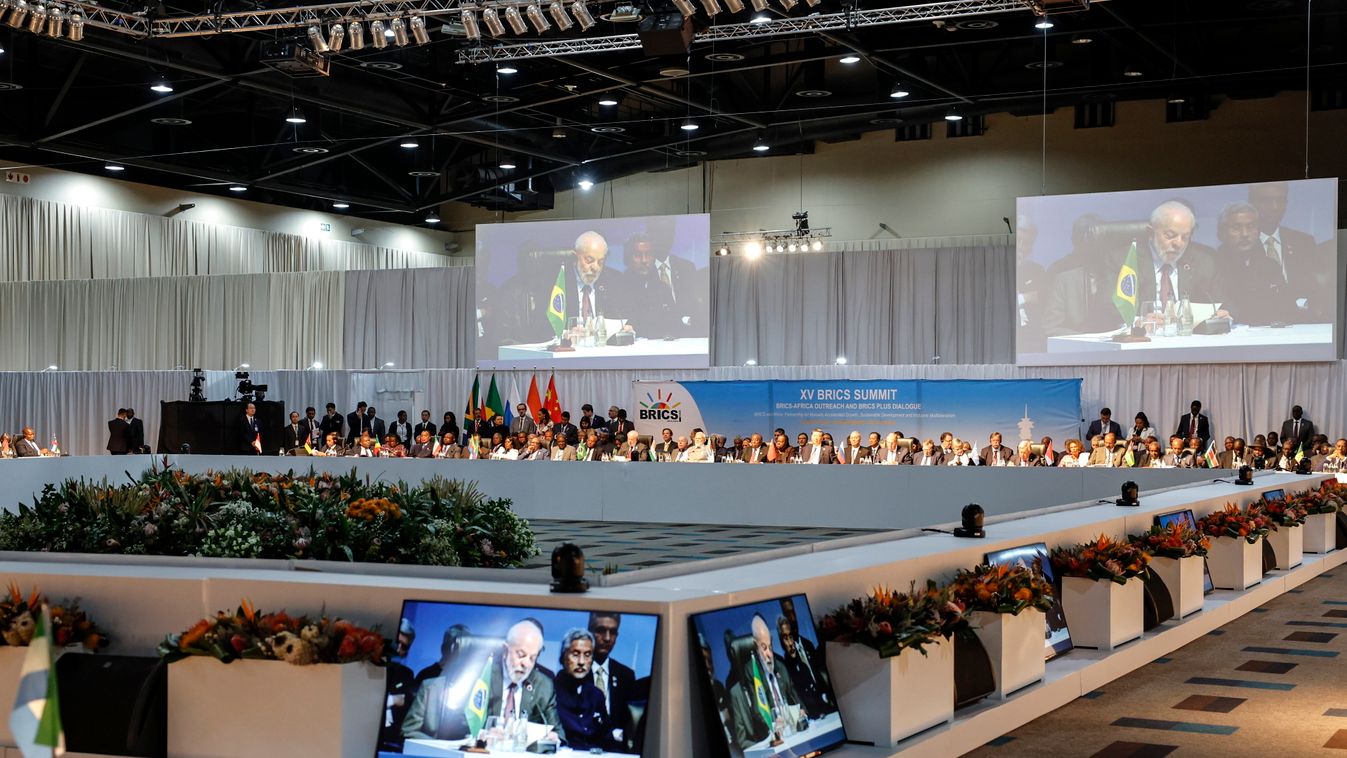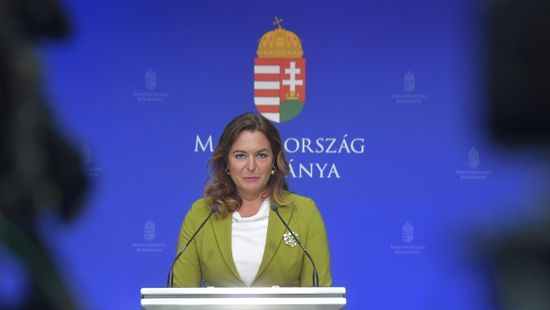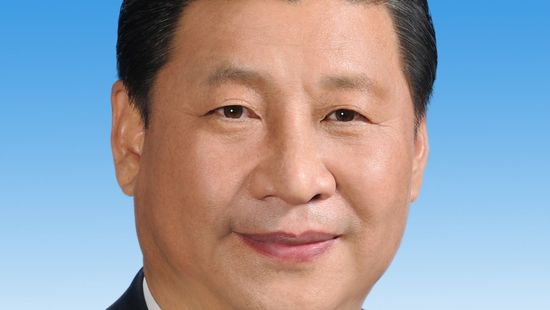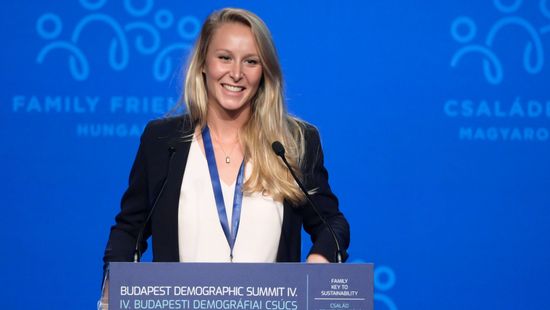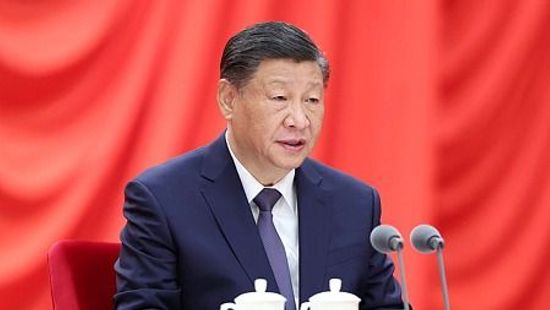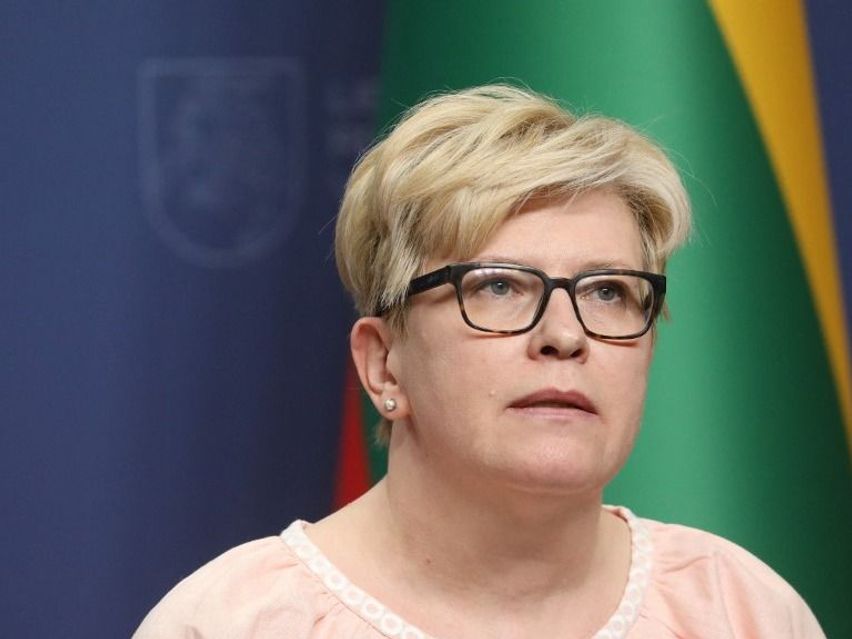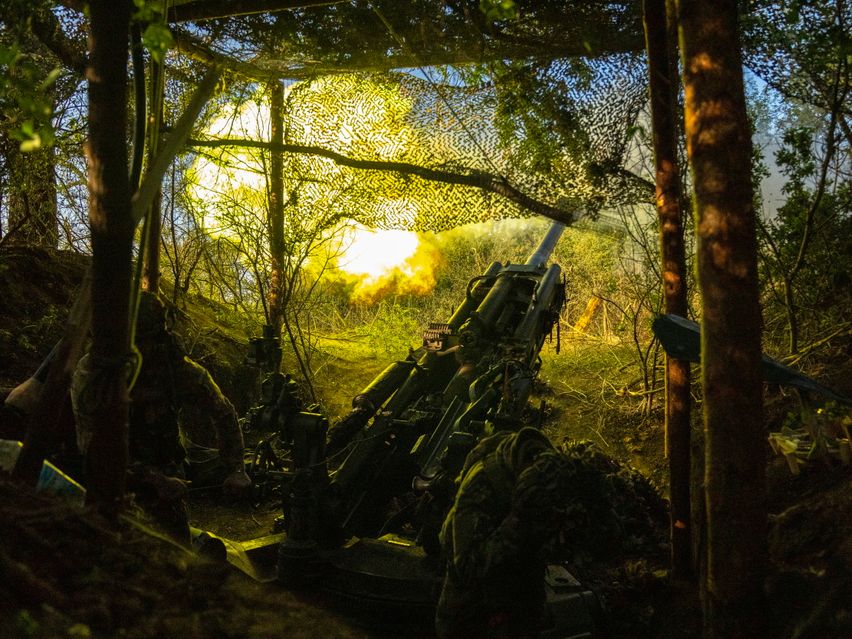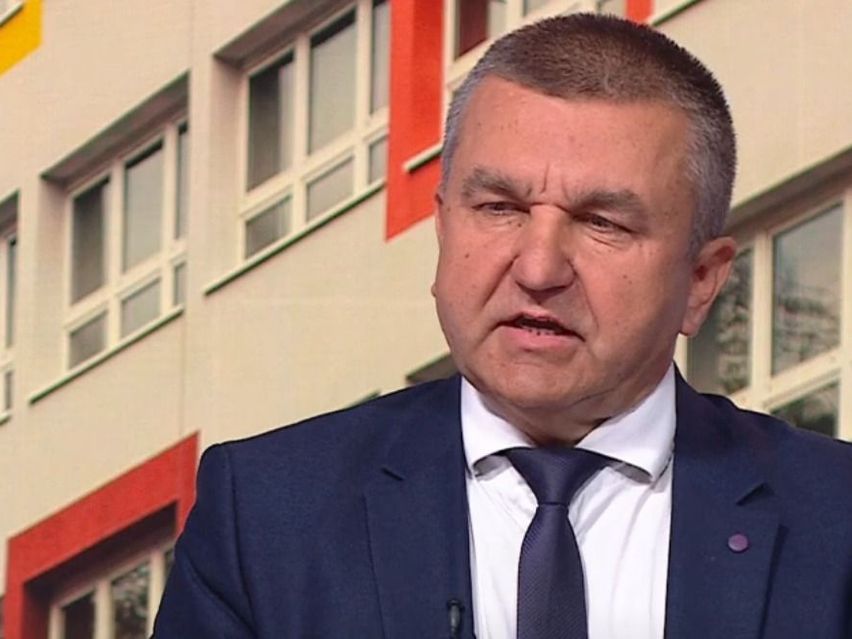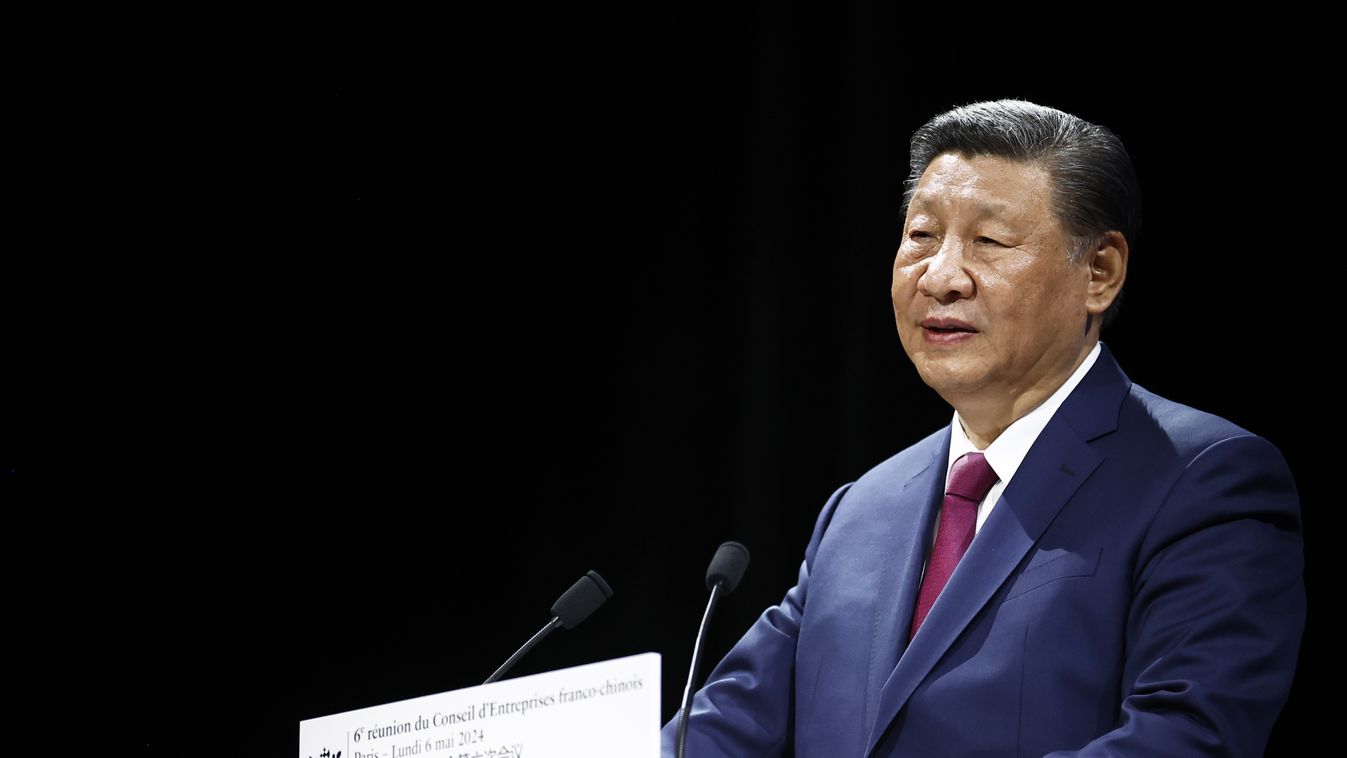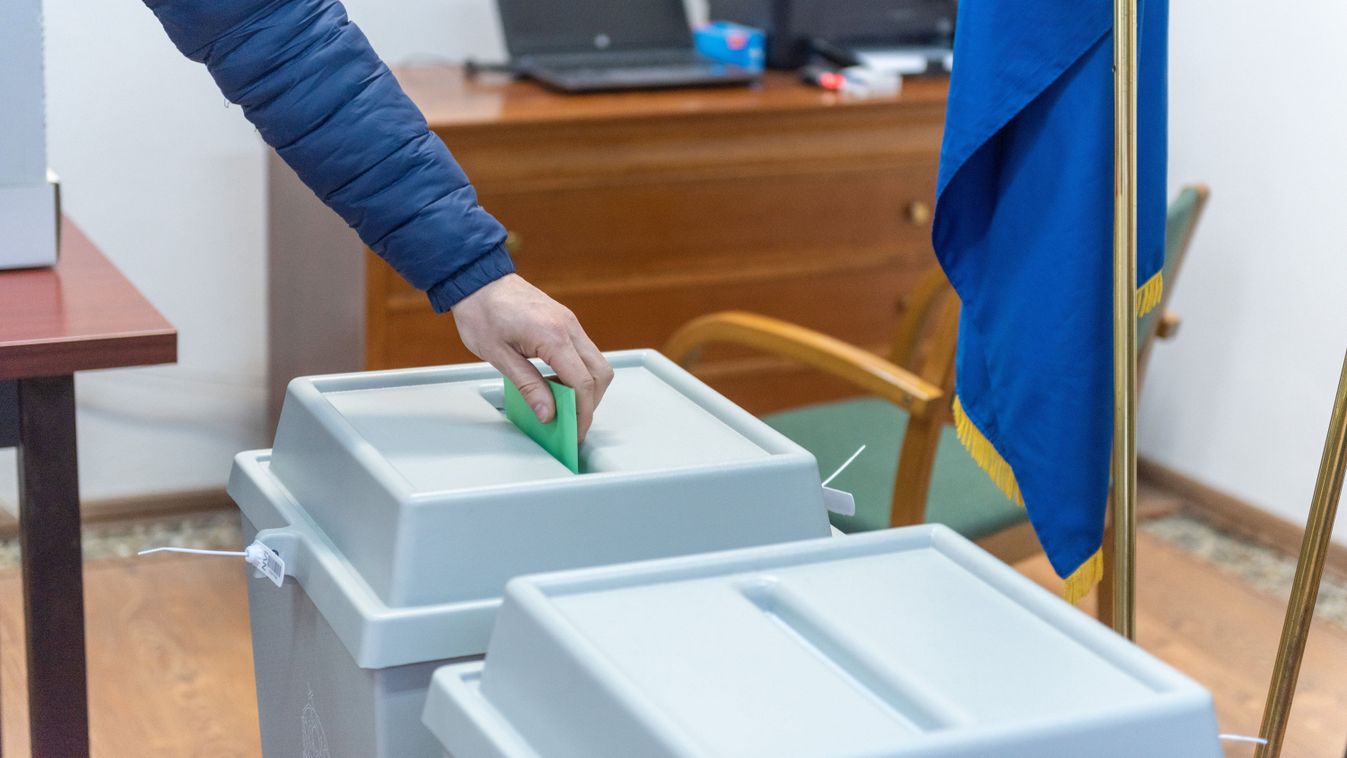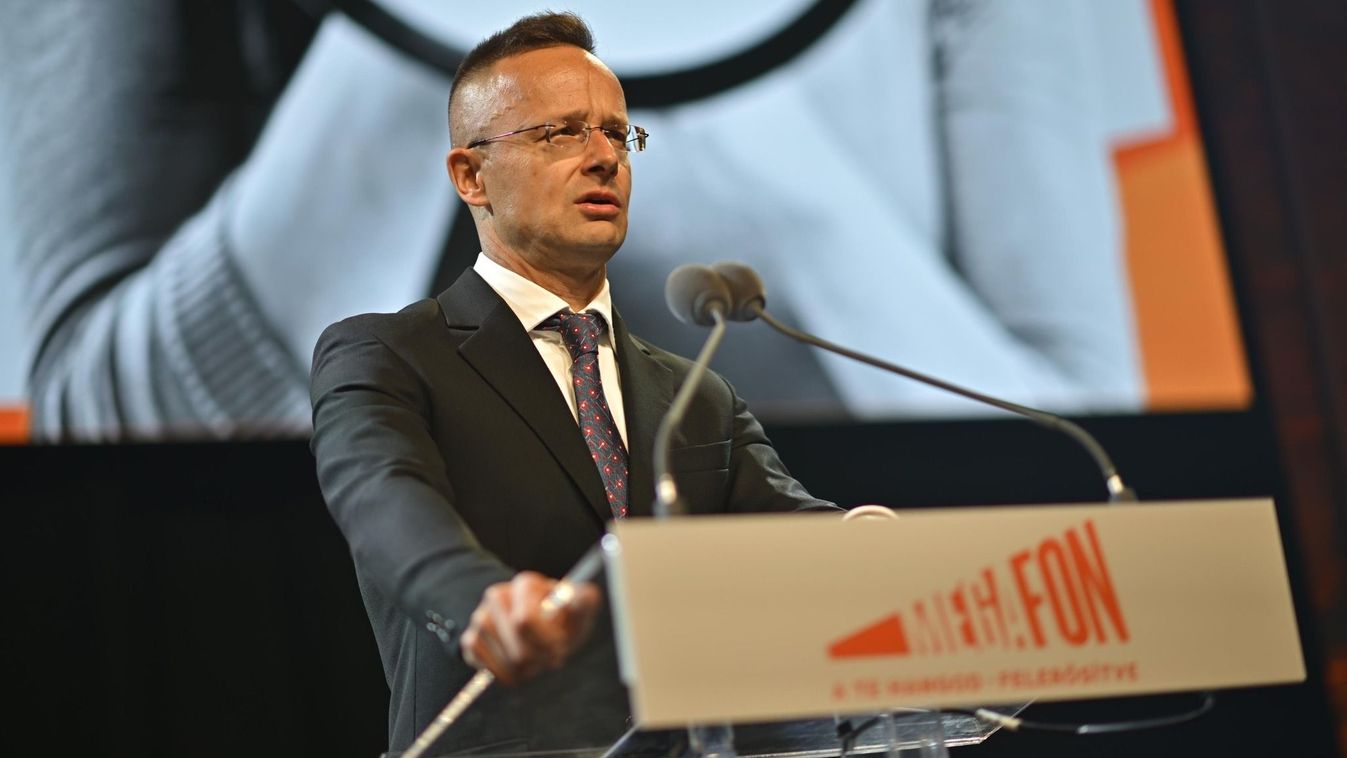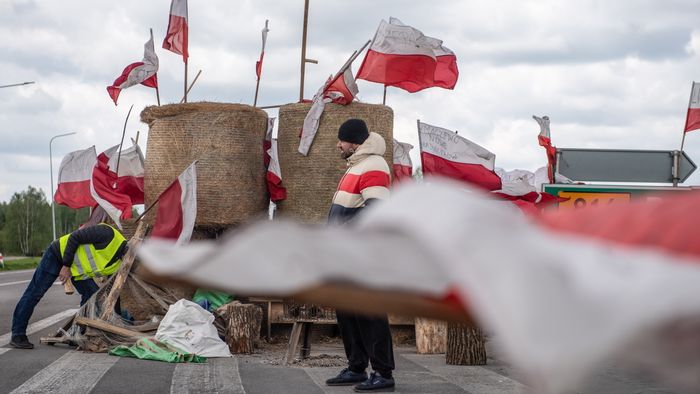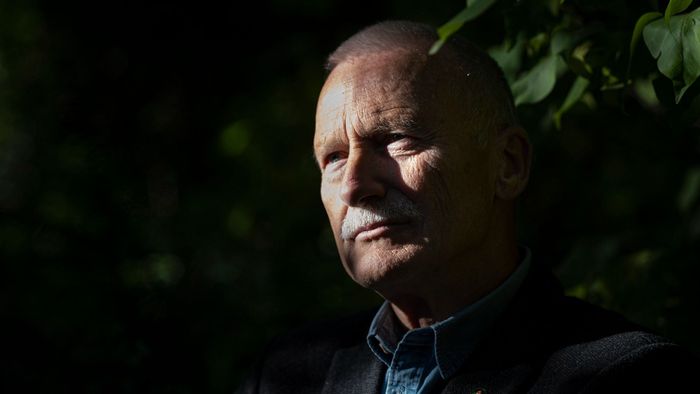2024 already looks like a busy year in world politics, as two events that piqued interest have already taken place and their outcome could produce a major impact in the long term, Peter Goreczky, a senior analyst at the Hungarian Institute of International Affairs, wrote in his study.
On January 1, the BRICS bloc was enlarged with five new countries – Argentina, Iran, Saudi Arabia, Ethiopia and Egypt – giving the group even greater legitimacy and influence to represent the interests of the developing world in international politics. Also in January, the World Economic Forum held its traditional annual meeting in Davos, Switzerland, which has evolved over the years into a key gathering of the elite that steers globalization,
the expert explained.

